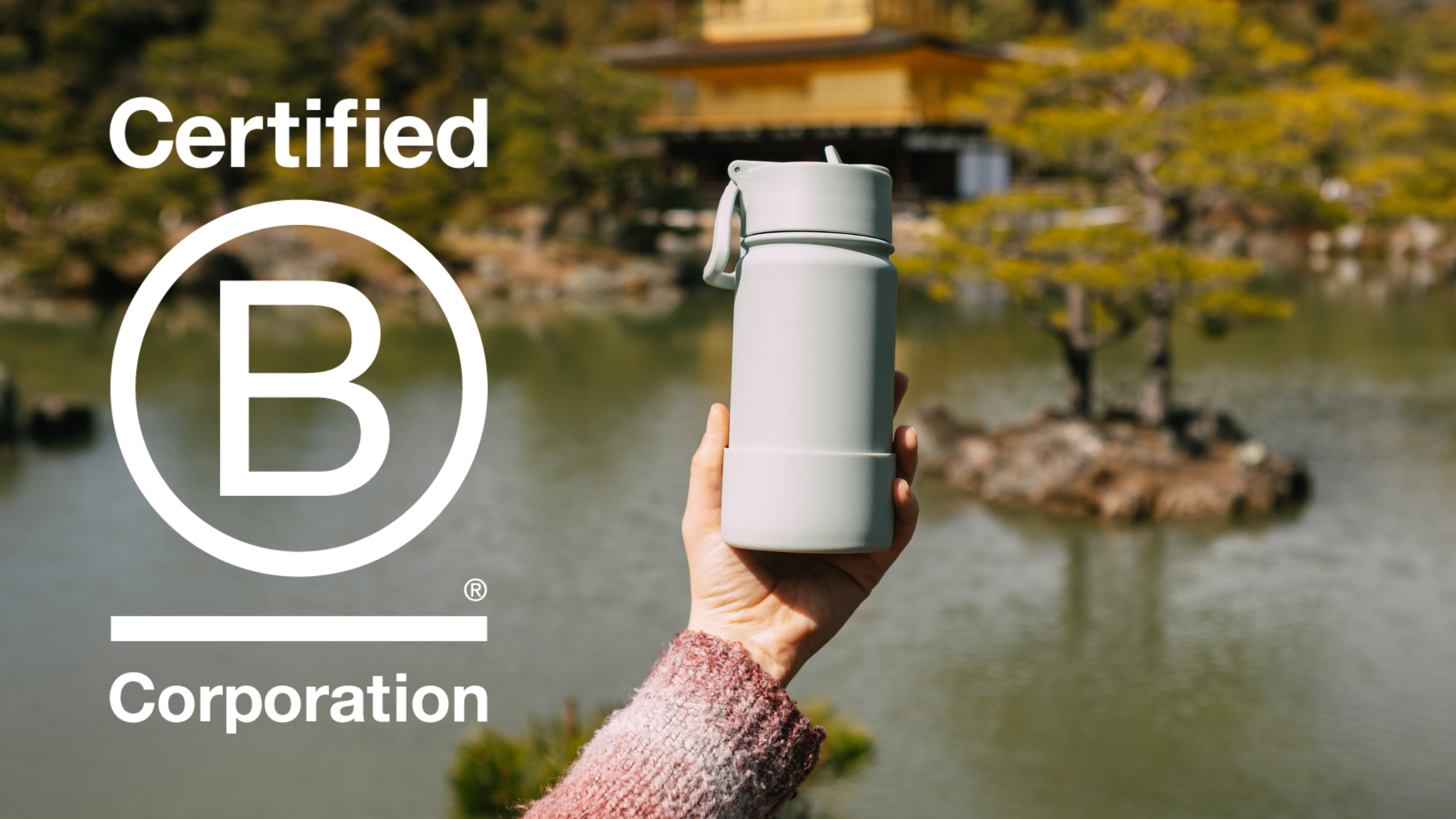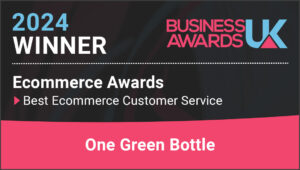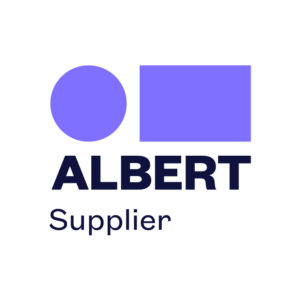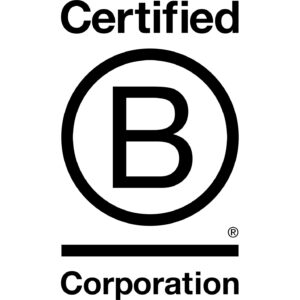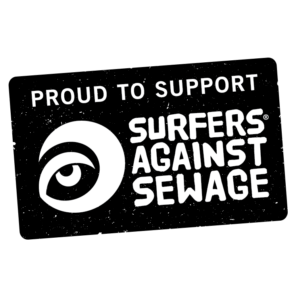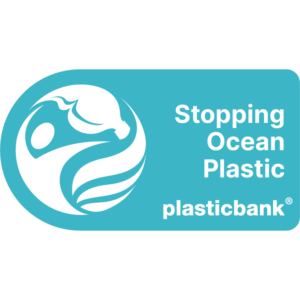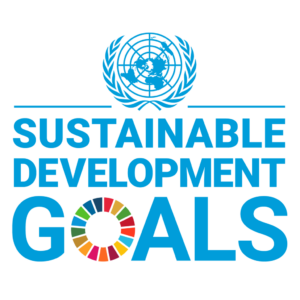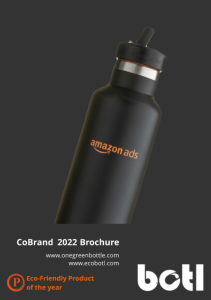You might have noticed us banging on about it a lot recently, as our B Corp certification came through this month. But what actually is a B Corp and why does it matter? We didn’t want to call this article ‘B Corp for Dummies’ as we respect you far more than that, so how about ‘B Corp for people who don’t really have time to read an article about B Corp’?
So first up –
What does the B stand for?
-Nobody knows. Well, it was originally derived from ‘Benefit Corporation’, a for-profit corporate organization (as opposed to a non-profit, or charity) that has a positive impact on society, its workers and the environment, as a guiding principle. These days some people take the B to stand for ‘Better’, but it’s open to interpretation.
How big is B Corp and where do we fit?
-There are B Corp accredited companies in 84 countries, covering 157 industries. We are one of 1200+ B Corps in the UK, and 6000 globally. We are also one of 184 UK B corps owned by women.
How do you get certified?
-By filling in and submitting a B Impact Assessment, with questions relating to: governance, workers, community, the environment, and customers. There are around 200 questions, tailored to company size/location etc. 80 points are needed to achieve the certification. Most business will need to work on their score before they can reach the threshold, its rare to be there first time. Businesses also need to change the wording of their legal documents to reflect their commitment to having a positive impact – No backing out now!
Who decides?
-B Lab is the certification- awarding body that governs the world of B Corps.
B Lab’s Standards Advisory Council is an independent, global, multi-stakeholder group with specific expertise in responsible and sustainable business.
Their Standards Advisory Council oversees requirements for B Corp Certification and the content of the assessment.
What are B Labs aims?
-(Now this we stole from their own website as they say it better than we ever could)…
Building a diverse, representative community of B Corps that are modelling the kind of business we need, and engaging that community to create evidence and inspire others.
AND making the case for these models to be adopted at scale and for changes to our economic system, focusing on both regulatory levers and on shifting cultural norms within and around business.
What’s the best bit about being a B Corp?
-Our customers can rest assured that we don’t partake in any kind of greenwashing, and we get a snazzy plaque to go on our desk 😉
